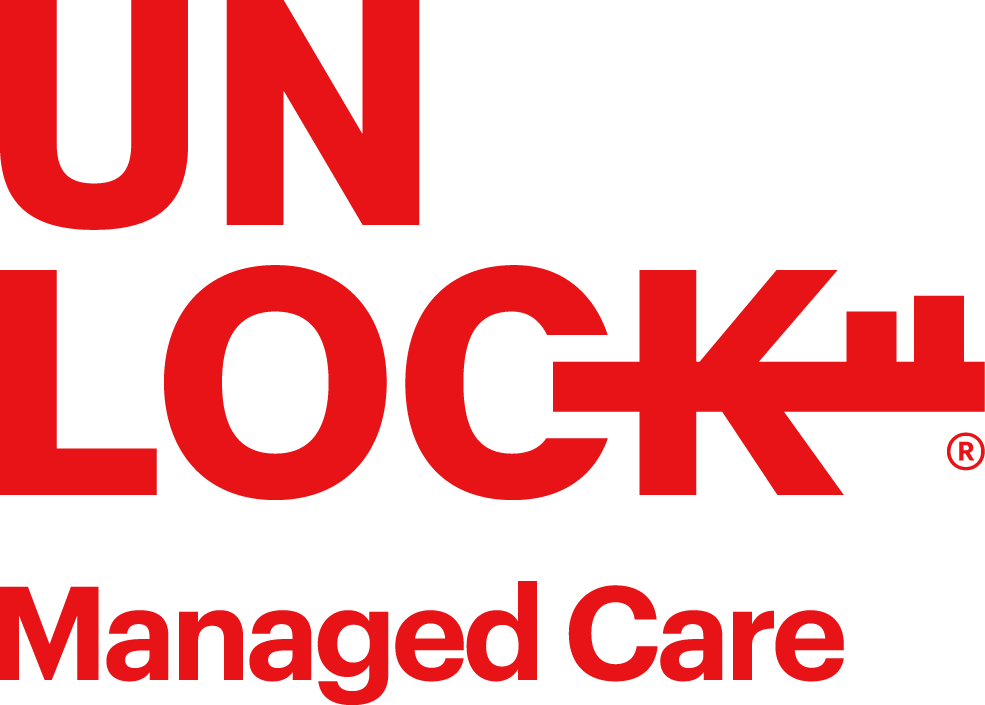This post is the third in a series on the state of managed care by Kevin Thilborger. Check out the first post here.
We don’t often find ourselves agreeing with Professor Ge Bai from Johns Hopkins, but she recently shared some information about pharmacy benefit managers (PBMs) that signals Congressional scrutiny should be unavoidable in the coming year or two.
Bai told podcast host Stacey Richter that researchers at Johns Hopkins and the University of Utah looked at the 45 most commonly used generic medications taken by patients enrolled in a Medicare Part D pharmacy plan in 2021. They found that for every $100 spent by the Part D plans,
- $41 went to the PBMs
- $30 to the manufacturers, $17 to the pharmacies that dispense the drugs
- $12 to the wholesalers
This is terrible for self-insured employers who pay for much of the healthcare services used in the U.S. and even worse for consumers. It’s also part of a broader trend in U.S. healthcare that affects hospitals and physicians, particularly in value-and risk-based arrangements.
According to a February 2024 edition of Health Care un-covered,
“Mainstream Americans have suffered most under this system. More than 40% of us have healthcare debt, some 12% owe more than $10,000, and more than half of those in debt to hospitals have insurance. Two-thirds of personal bankruptcies in the U.S. are at least partially associated with medical debt. About 7% of Americans cannot afford or qualify for health coverage in 2023.
Much of the worst healthcare exploitation occurs not at the frontlines of care, but by middlemen — insurers, drug distributors and PBMs — positioned between patients and their care. In each major sector — health information technology, supply chain, care delivery and finance — the most successful firms have developed mechanisms of excess that profoundly increase unit pricing and utilization of services. As an Economist analysis recently pointed out, in 2022, nearly 45% of all U.S. healthcare expenditures, up from 25% a decade before, flows to only nine intermediary firms.”
There needs to be more scrutiny of these intermediary firms, especially the dominant PBMs owned by the largest U.S. health insurance conglomerates.
Unlock Health is here to help providers set managed care strategy and negotiate contracts in the complex world of payor-provider relations. Our full-service managed care consulting group helps providers set their managed care strategy, negotiate contracts, and handle all the contract modeling, analytics, and contract performance. And when negotiations are difficult or contentious, we pioneered the use of strategic marketing communication campaigns to protect providers’ brands and create pressure on payors for a fair and reasonable settlement of contract negotiations.
Email Kevin Thilborger, chief managed care and revenue strategy officer, at [email protected].









